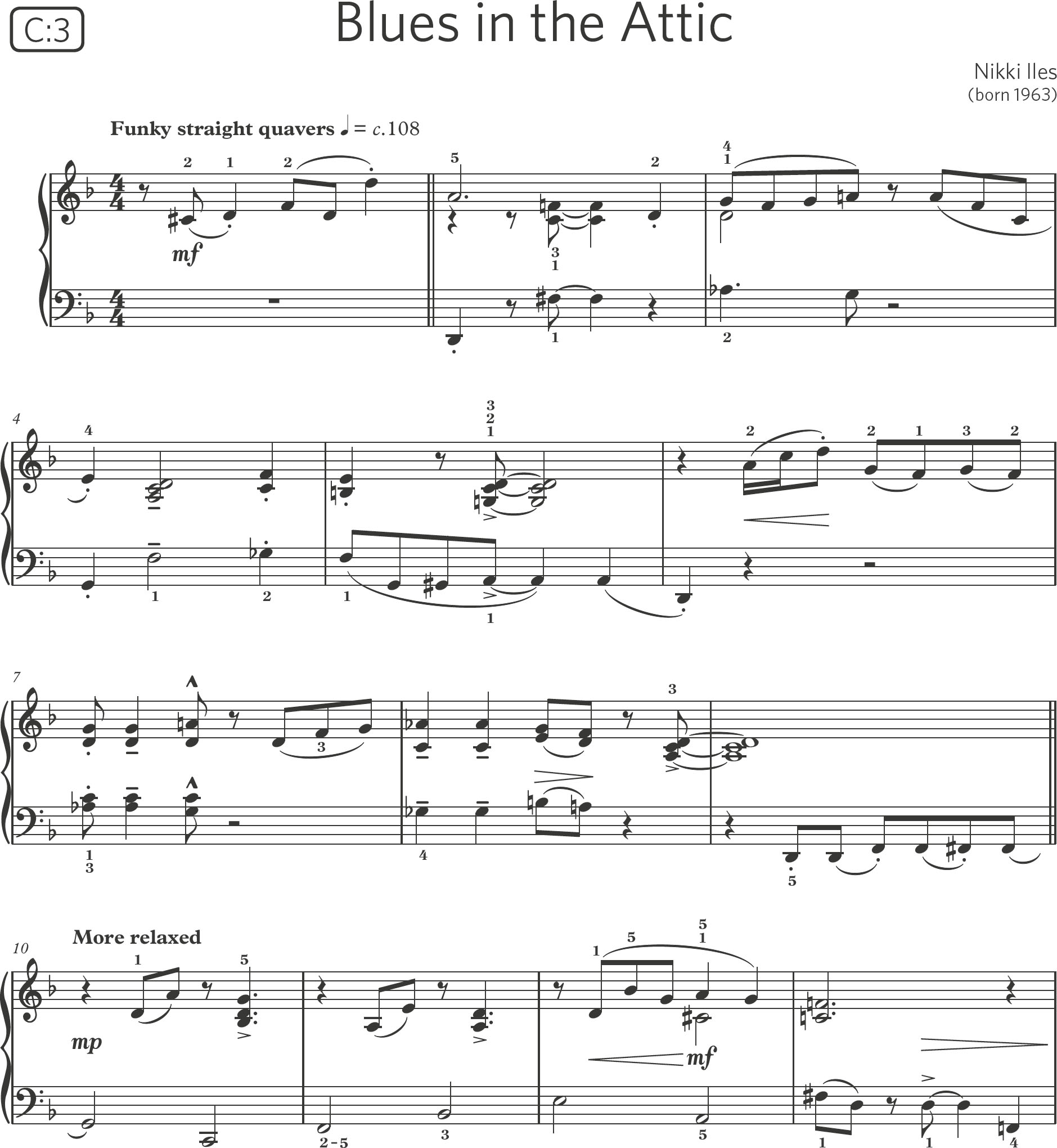
Look out for the new ABRSM Piano syllabus for 2019 and 2020. Available from 7 June, the syllabus features a refreshed repertoire for use in exams from January 2019. The new repertoire lists cover a broad range of styles and include familiar pieces from the teaching canon, recent syllabus favourites and popular tunes. Specially-commissioned works appear at Grades 3, 4, 5 and 8, and there are exciting contemporary options at all grades.
Philippa Bunting says: ‘We're excited to be offering such a wide choice of repertoire, since the pieces learners choose are so vital to their motivation, and have such an impact on musicians as they develop and grow in experience. This time, we have particularly focussed on young learners, at the outset of their musical journeys, aiming to select accessible, attractive pieces for them in a wide range of styles.
‘As part of our development process, we take careful note of the pieces candidates choose to play in their exams, and we bear this in mind as we seek out both familiar and new repertoire. We do this in close consultation with teachers and learners – all part of ABRSM's overarching aim to do our best to help you do your best.
Support for teachers and candidates
‘Books of Piano Exam Pieces for the new syllabus will also be available from 7 June. You can buy them with or without a CD. Audio download recordings of individual pieces will be available to buy online.
‘For further inspiration and guidance, the new Teaching Notes book (Grades 1–8) provides ideas and advice for teaching each piece in the syllabus, focussing on musical context, technical challenges and performance and interpretation.
‘Finally, we've updated our Piano Practice Partner app to feature pieces from the new syllabus. With Piano Practice Partner you can play along with a real musician's performance, exactly as recorded or at a slower speed of your choice. The app makes learning pieces more musical and rewarding, and encourages hands-separate practice – the app ‘plays’ one hand while the learner plays the other.’
The 2019 & 2020 Piano syllabus – what you need to know
The syllabus comes into effect on 1 January 2019. Repertoire lists for all grades have been updated, but there are no changes to the scales, sight-reading or aural test requirements.
Candidates in the UK and Ireland who would like to play pieces from the 2017 & 2018 syllabus can do so until 31 May 2019. Candidates in all other countries can use pieces from the 2017 & 2018 syllabus until 31 December 2019.

As a blues piece, this is rather melancholic in tone, but with pungent dissonances and funky rhythms. The middle section (bb. 10–16) is built on a chain of fifths in the bass. It is followed by a slightly varied reprise of the opening section (b. 17) plus a coda (b. 26).
Nikki Iles is a well-known English jazz pianist and composer who has worked with many leading jazz musicians. She is also active in the field of jazz education, teaching this type of music at Middlesex University and at the Royal Academy of Music, London.




